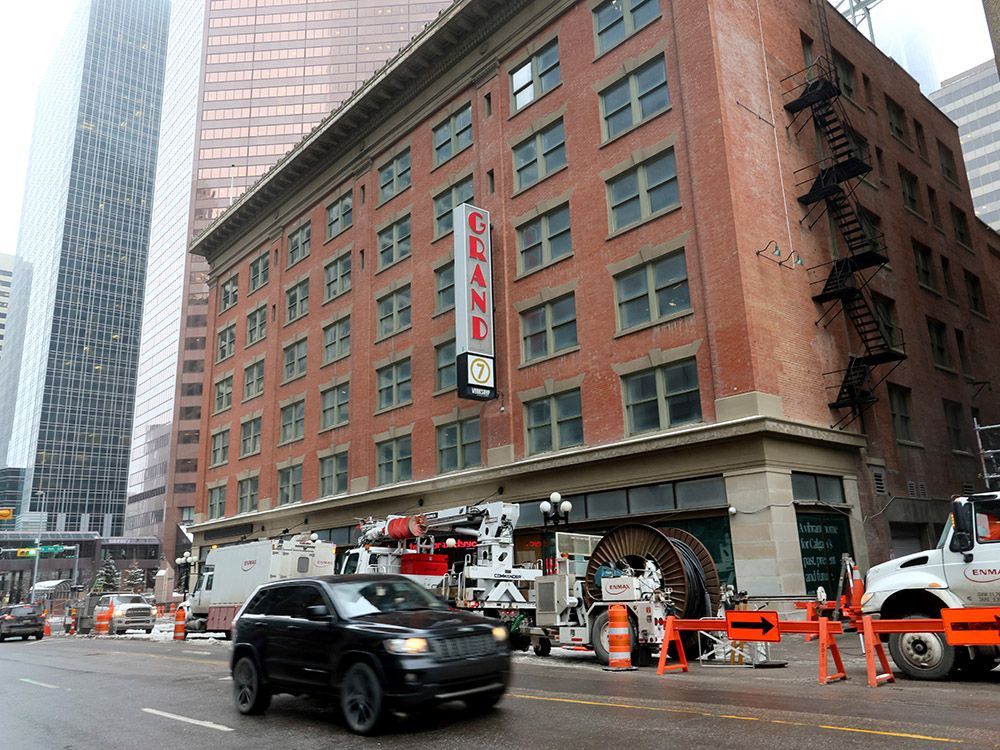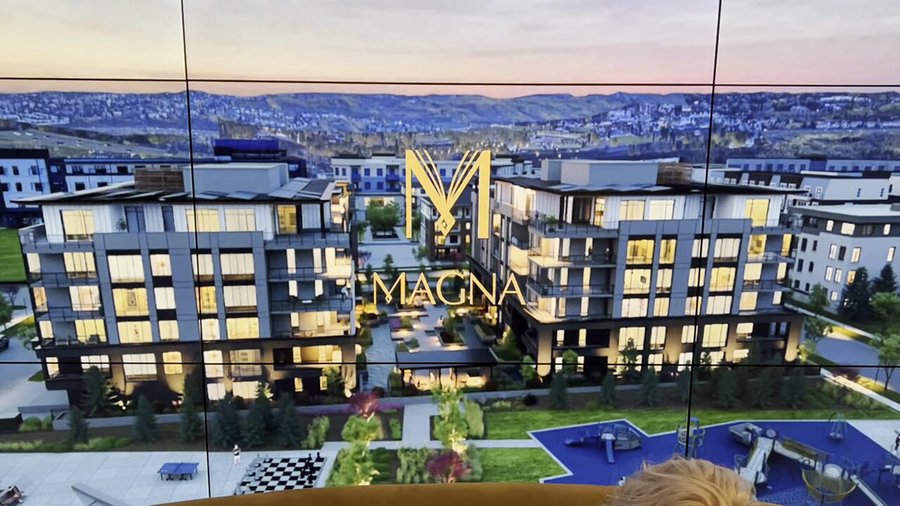I think about how ironic the window coverings are every time I walk by the building considering how long it was covered in scaffolding, and how long the street front has been vacant. They're even more ironic now.
Allied did all this work to renovate (I'm not even sure if they're done yet), but it's not clear to me what their plan is to fill the building. They don't even have any of the retail spaces listed on their website, only offices (
https://alliedreit.com/properties/the-lougheed-building-604-1st-street-sw/).
I know that the hope was to fill the commercial space and activate the street with retail, cafes, restaurants and bars when they started this project (or at least that's what was shown on renderings), so what is holding them back now? Is it because the market isn't there for commercial space at this location (including impact from COVID)? Is it because Allied hasn't completed renovations (and maybe that work is on hold due to COVID factors, financing and the current market)? Is it because Allied has unrealistic rental expectations?
View attachment 539377







